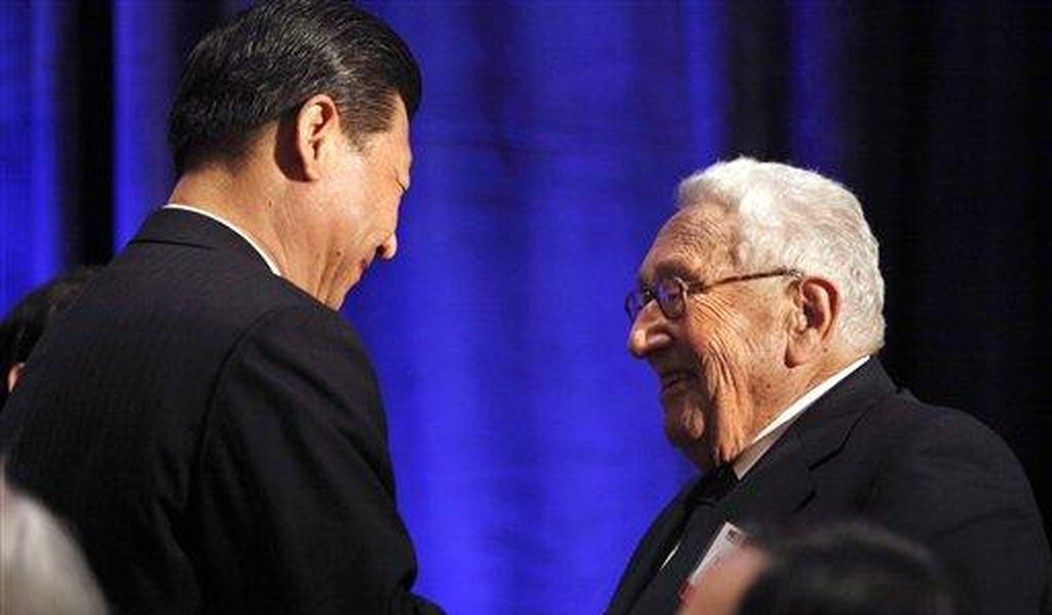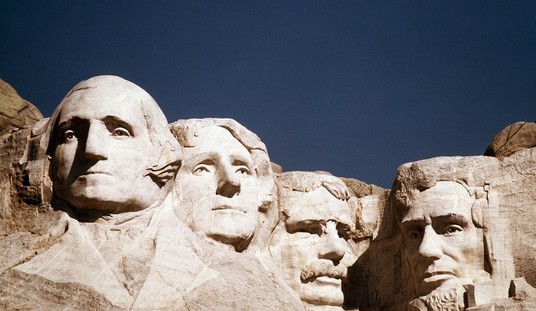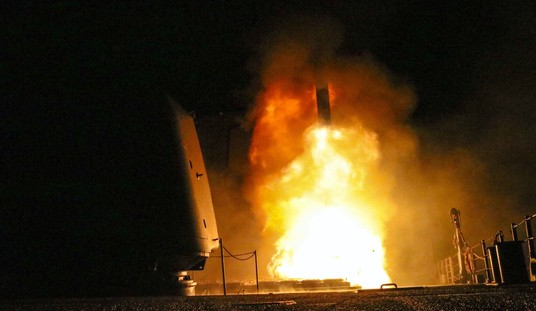I have a somewhat embarrassing confession to make: I did not realize Henry Kissinger was still with us. Indeed, he is, only it turns out, he’s presently in China. In a surprise move, the 100-year-old former Secretary of State traveled to Beijing to meet with Li Shangfu, China’s Defense Minister, on Tuesday.
Henry Kissinger meets #China’s defence minister in surprise visit to Beijing
His meeting with Li Shangfu comes amid hopes of improved ties.
I'd say It's more like an emergency visit, same as Blinken, because they see China preparing for action with TW.https://t.co/zdUmAZbxI9
— Indo-Pacific News – Geo-Politics & Military News (@IndoPac_Info) July 18, 2023
According to the U.S. State Department, Kissinger’s visit is not on behalf of the U.S. government but rather as a private citizen. Still, the timing of the visit, on the heels of recent visits by current Secretary of State Antony Blinken and Treasury Secretary Janet Yellen and concurrent with former Secretary of State and current climate envoy John Kerry, does raise some questions.
So what was the purpose of Kissinger’s visit?
During the surprise visit, Kissinger said he was a friend of China and encouraged both countries to cooperate more closely, according to the statement.
“The United States and China should eliminate misunderstandings, coexist peacefully and avoid confrontation. History and practice have continually proved that neither the United States nor China can afford to treat the other as an adversary,” Kissinger said, according to a Reuters translation.
Without naming names, Li said that “some people in the U.S.” had previously failed to meet China halfway, causing Sino-U.S. relations to fall to their lowest point.
Blinken’s visit in June resulted in an agreement for the U.S. and China to resume high-level talks but wasn’t as productive as the U.S. had hoped.
Blinken was sanguine regarding the discussions, characterizing his conversations with Chinese officials as “candid and constructive.” However, the talks failed to secure an agreement by the Chinese to resume military to military communications, which was billed as a top U.S. priority.
Blinken said later that the U.S. set limited objectives for the trip, and achieved them. Blinken added that he had raised the issue of military to military communications “repeatedly.”
Yellen’s visit in early July was even less auspicious, including an embarrassing display of weakness.
But then on Saturday, Yellen committed a grievous diplomatic error—she bowed repeatedly, at least three times, to Chinese Vice Premier He Lifeng when she met him.
That’s a grave show of American weakness to the Chinese, particularly the repeated and deep nature of the bowing. If the Chinese didn’t already think they could step all over us, that’s the type of signal to them that they can, when Biden officials act that desperate to bend over for them. Lifeng even backed up a little to give her more room to kowtow to him, like she was a servant.
Though it isn’t entirely clear to whom Li was referring when he accused “some people in the U.S.” of failing to meet China halfway, tensions between the two nations have unquestionably been running high. So is Kissinger’s “unofficial” visit just that? Or does it signal mounting concerns that the tensions may soon boil over?
Kissinger, of course, played an integral role in normalizing relations between China and the U.S. over half-a-century ago.
Kissinger’s visit comes almost exactly 52 years after his secret visit to Beijing in July 1971 — a move which paved the way for then-U.S. President Richard Nixon to normalize relations between the U.S. and Mao Zedong’s China.
More than half a century on, the 100-year-old remains broadly revered in China. In a May article in China’s Global Times newspaper, Kissinger’s contributions to U.S.-China relations were cited as one of his “career highlights.”
I could be wrong, but something tells me there’s more to this than meets the eye.















Join the conversation as a VIP Member